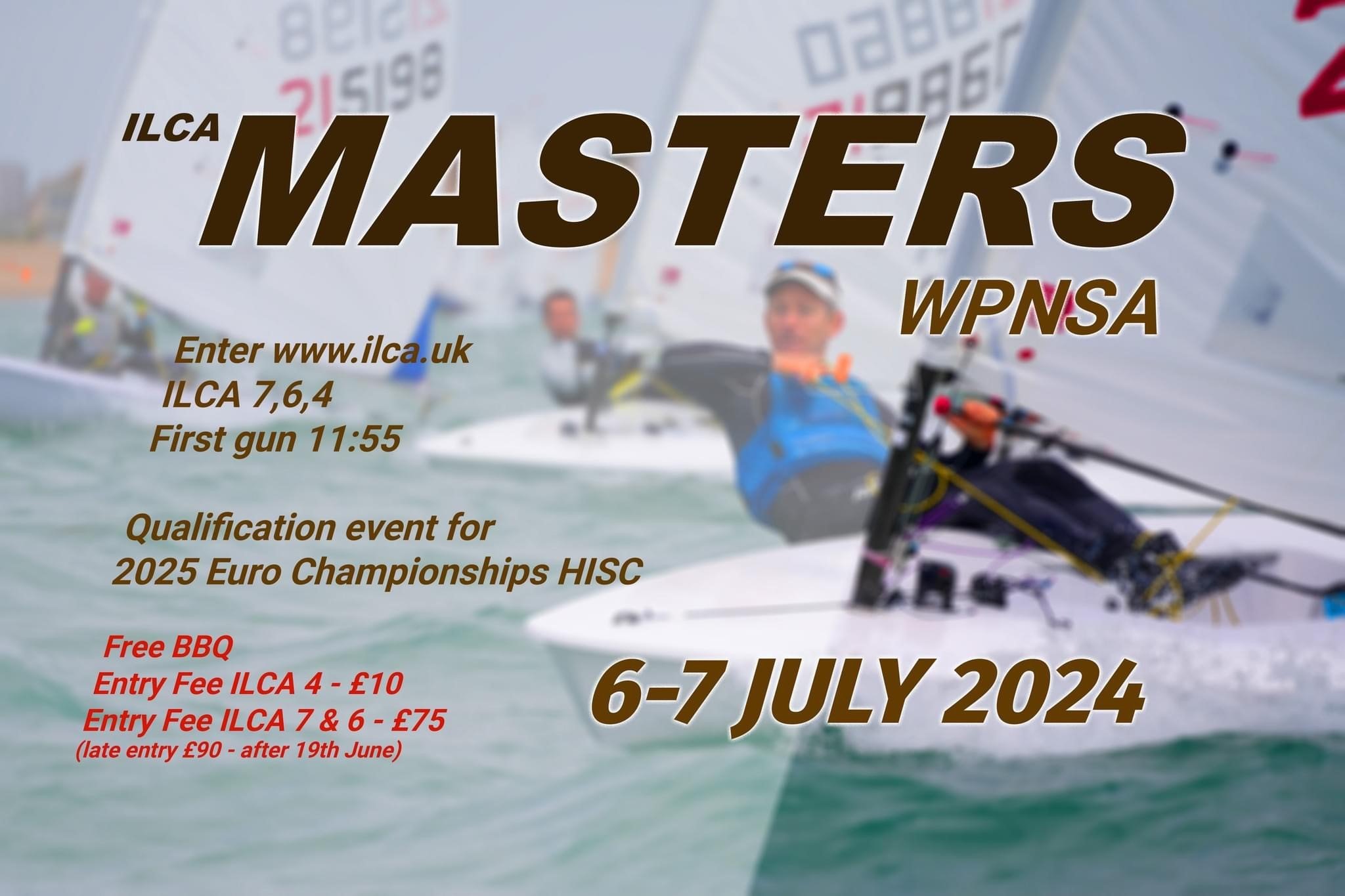UKLA Chair Blog #90
In 1990 I lived in San Francisco for the year and I was amazed by being able to go to watch the San Francisco Giants baseball team. Having grown up in Ireland in the eighties, there was virtually no professional sport with GAA and rugby both being strictly amateur. So getting a bus out to Candlestick Park on a Tuesday evening to see these pros I thought was a super experience. And it wasn’t just the game, it was the pre and post match coverage, mainly in newspapers in those days – who was our best pitcher, who would start in that role tonight, who would close out the game? There was just a great hype around the whole thing.
Back in Islington in1996, I started going to some football games, mainly Arsenal at Highbury and so when they moved to a new stadium a mere 20 minute walk from our house, I signed up on a waiting list of over 20,000 with little hope. But then Islington Council did an amazing thing – part of the planning permission was that half the new season tickets had to go to Islington residents and suddenly I had two season tickets. It brought me back to my SF days watching great professional footballers (mostly no longer English let alone local) but it also had community feel. It is extraordinary to leave the house and to be joined by more and more locals as you pass each street until it is a throng on the street to the stadium.
Now as we reach the finale of the Premier League season, I am drawn to some parallels with ILCA sailing at the top end. It is not an obvious connection and as you will know, football is usually not talked about much in the sailing community but there are many hidden fans. Winning the Premier League requires sustained performance over nine months, producing top performances, week in and week out. A twelve race ILCA regatta over 6 days is not dissimilar as it requires a top performance in each race but consistency as well – a couple of bad races knocks you out of contention. “Form” or confidence is also a major factor in winning the league, building momentum and perhaps more importantly recovering from an unexpected loss. It is the same in sailing, an under par performance needs to be set aside the same day or in the following days. Psychology is critical in both sports. Mikel Arteta, the Arsenal manager, has a mantra around “taking each game in turn” and “managing the stuff we can control and avoiding the stuff we can’t”. It is the same in a race series, as avid readers of this blog will know, take each race in turn (the first race has the same points as the last race) and don’t sweat too much over the result, but rather performance as after all we can’t control elements outside our control (an unlucky shift) and even the superlative performance of another sailor.
Of course, the similarities between professional football and ILCA sailing have narrowed dramatically in some ways. Now top sailors are “pros”, they compete and train full-time with support teams that include technical coaches but also fitness coaches, psychologists, physiotherapists and meteorologists. I started to see this change in the run up to the 1996 Olympic Games where many of the Laser sailors were full-time with elements of this support. Post 1996 in the UK, National Lottery money has allowed “world class programs” to emerge in most sports, providing a framework of support but also decent payments to elite athletes and sailors. As an aside, there remains an massive funding gap in almost every Olympic sport between younger athletes with the desire and attitude to take it to the top and those at the top). Sailing has now developed to the point where it is possible to make a living as a professional sailor or coach outside the Olympic environment if that’s what you want.
Many of our Pro ILCA sailors compete regularly in UKLA events and give something back to the sport through coaching and lectures. As I have said many times, we are lucky to be able to line up alongside these sailors from time to time as it is unlikely I will be playing football with any Arsenal players any time soon.
Snippets
Nationals 2024 open TONIGHT - ENTER HERE
Masters Qualifier - ENTER HERE
See the UKLA calendar of upcoming events
Don’t forget the Women’s Regatta in Rutland
Subscribe to the UKLA Chair blog here
Sailingfast UKLA Thames Valley Series ILCA Open at Fishers Green Sailing Club - REPORT HERE

